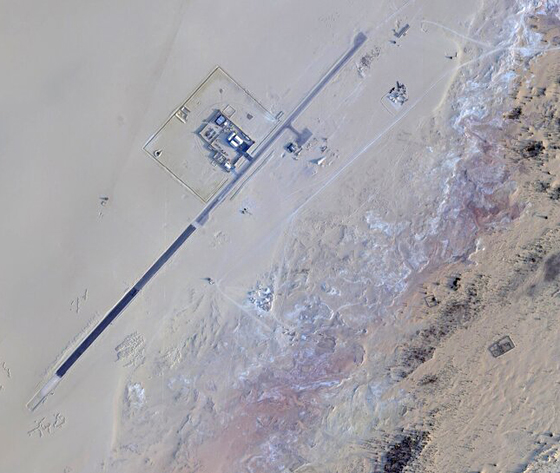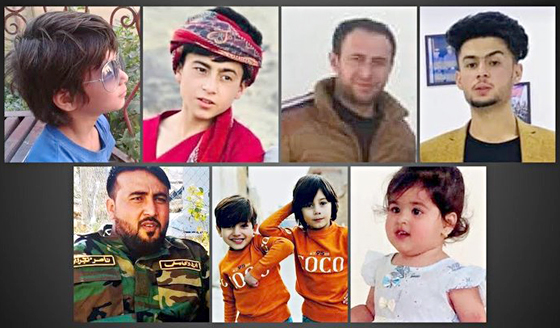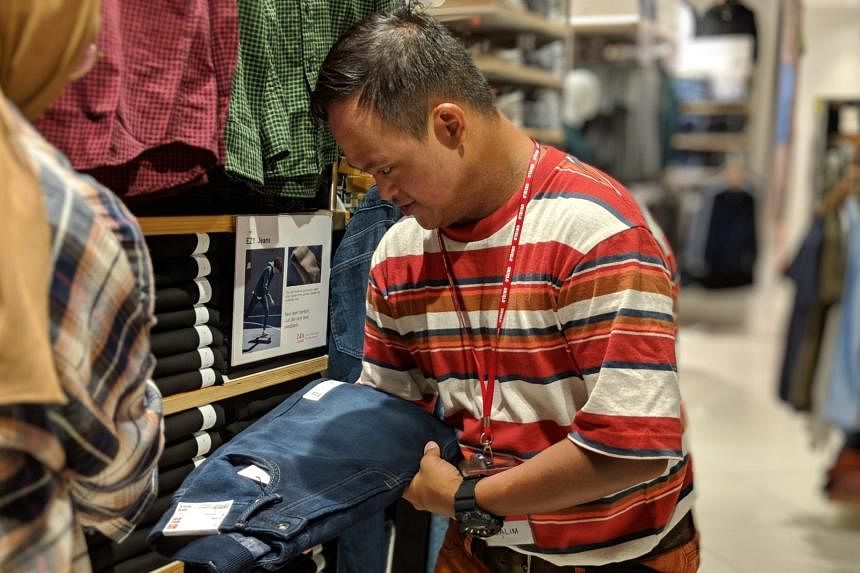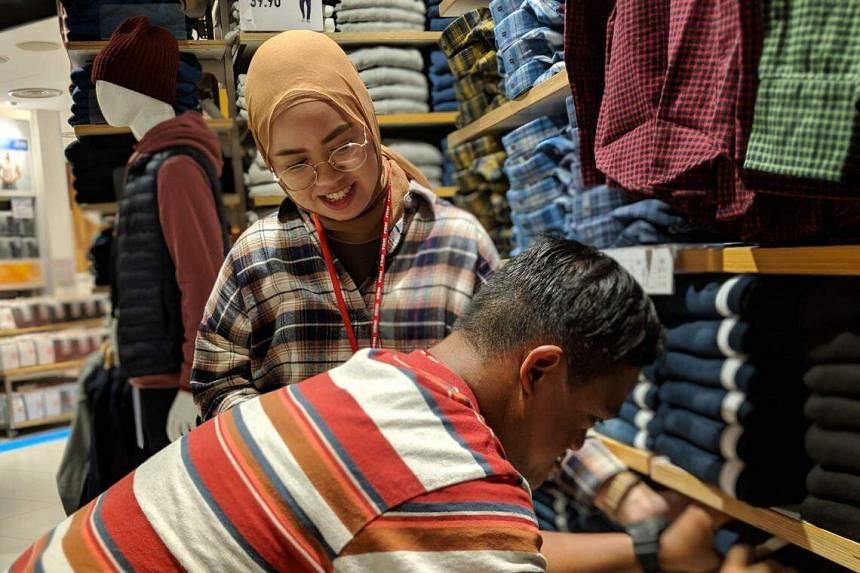On February 24, China published its "Position on the Political Settlement of the Ukraine Crisis." The US reacted very negatively very quickly. They reacted more negatively even than Ukraine.
What is it about the Chinese proposal that so unnerves the US? It is not even a fully developed settlement proposal ripe for negotiation. There was no hurry to take it off the table. It is merely a declaration of China’s position and a pledge that China is willing to assume "a constructive role in this regard."
In a first response so comical it could only be intended for public consumption, the US discredited China as a broker because they are not neutral in the war in Ukraine and then scolded them for considering sending weapons to Russia.
Though neutrality may be a desirable stance for a peace broker, the US, who has many times in recent history demanded the role of broker without the requisite neutrality, has reserved the right to encourage or discourage peace talks in the war in Ukraine while being blatantly un-neutral in the war in Ukraine: far less neutral than China.
And as for considering sending weapons, the US has crossed the line of consideration by over $45 billion. That’s a lot more than "considering."
US Secretary of State Antony Blinken has said that the US has “information that gives us concern that [China is] considering providing lethal support to Russia in the war against Ukraine.” He said that China is “strongly considering providing lethal assistance to Russia.” CIA Director William Burns repeated that claim, reporting that "We’re confident that the Chinese leadership is considering the provision of lethal equipment." The claim is reportedly based on information "gleaned from Russian government officials."
However, at a March 2 White House press briefing, when National Security Council spokesperson John Kirby was asked how serious the Biden administration thinks China is about sending Russia weapons, he responded, "We actually don’t know." When asked at a previous press conference why the US had not shared any of the intelligence, Kirby answered that "I just don’t have any intelligence to speak to today."
European Commission President Ursula von der Leyen repeated the lack of knowledge. On March 5, she told reporters that the US had not provided Europe with the evidence: "So far, we have no evidence of this. . . ."
Even President Biden said, in a February 24 interview that "I don’t anticipate – we haven’t seen it yet, but I don’t anticipate a major initiative on the part of China providing weaponry to Russia."
When the US finished attacking China, they at last turned to attacking China’s proposal.
The first point of the position paper is "Respecting the sovereignty of all countries." The paper insists that "[t]he sovereignty, independence and territorial integrity of all countries must be effectively upheld."
The US can have no complaint with that point: it seems to lean to the Ukrainian and American position. Sticking to the US position that the war is unprovoked, US National Security Advisor Jake Sullivan scoffed that "My first reaction to it is that it could stop at point one, which is to respect the sovereignty of all nations." Reading from the same script, Blinken quipped that "If they were serious about the first one, sovereignty, then this war could end tomorrow."
But the criticism of the first point can be received as no less comical by most of the world than the criticism that China is not neutral and has considered sending weapons to Russia. Most of the world, including much of Europe, can remember the US disrespecting their sovereignty or their territorial integrity. According to Lindsey O’Rourke, Associate Professor of Political Science at Boston College and the author of Covert Regime Chang: America’s Secret Cold War, the US conducted 72 regime changes during the Cold War. The staggering pace did not let up when the Cold War ended.
Much of Latin America, Africa and the Middle East must find it hard not to marvel at the US setting itself up as the antidote to Russian interventionism. Most of what Russia calls the global majority resonates with a recent report by China’s Ministry of Foreign Affairs that harshly catalogues US violations of state sovereignty. Called "US Hegemony and Its Perils," the report cites a Tufts University report that found that since its birth in 1716, the US undertook nearly 400 military interventions globally. It criticizes the US for political and military interference in Latin America, including regime change. It criticizes its "double standards on international rules." It reminds the world of Vietnam, the Gulf War, Kosovo, Afghanistan, Iraq, Libya and Syria. It reminds the world of the $700 billion US military budget and of the approximately 800 oversees military bases with troops deployed in 159 countries.
The first point of the Chinese position paper is welcome to the US and sides with its position. The US can have no complaint with that point. But, according to the global majority, it also has no right to make that point or to set itself up as the international defendant of that point.
But if it is not the first point that unnerves the US, then what is it?
It can’t be point three, "Ceasing Hostilities;" though the US may cringe a bit at the insistence to "avoid fanning the flames."
It can’t be point four on "Resuming peace talks;" though the US may cringe at the memory that it has, on at least two occasions, according to Turkish officials and former Israeli Prime Minister Naftali Bennett, prevented promising peace talks.
It can’t be point five or six’ desire to resolve the humanitarian crisis or protect civilians and prisoners of war. Nor can it be points seven and eight and their protection for nuclear plants and from nuclear weapons. Points nine and eleven on "Facilitating grain exports" and "Keeping industrial and supply chains stable" cannot offend. Nor can the final point on "Promoting post-conflict reconstruction."
That leaves points two and ten. Aside from the very fact that China is putting itself forward in a unipolar US world, if there is anything in the Chinese position paper that upsets and unnerves the US, it has to be points two and ten.
Point two calls for "Abandoning the Cold War mentality." It objects to "military blocs" and demands that "[t]he security of a country should not be pursued at the expense of others." The former point is aimed at NATO, and the later is a point long made by Russia.
The US has defended holding NATO’s door open to Ukraine by appealing to the international principle of the free and sovereign right of states to choose their own security alignments. But Russia has long countered with the indivisibility of security: the international principle that the security of one state should not be bought at the expense of the security of another. This core conflict has been identified and explained by Richard Sakwa, Professor of Russian and European Politics at the University of Kent, in his essay “The March of Folly resumed: Russia, Ukraine and the West” and, with Andrej Krickovic, in “War in Ukraine: The Clash of Norms and Ontologies.”
While the Chinese position paper prohibits any country, including Russia, from violating the sovereignty of another country – which the US likes – point two rejects that the war was unprovoked and criticizes US expansion and potential NATO expansion into Ukraine without having "taken seriously and addressed properly" the "legitimate security interests and concerns of all countries." And that is what the US does not like. The position paper echoes Russia’s long time call for a "sustainable European security architecture" that treats Russia as an equal partner with equal security concerns. The Chinese position paper legitimizes Russia’s demand that "[a]ll parties should oppose the pursuit of one’s own security at the cost of others’ security, prevent bloc confrontation, and work together for peace and stability on the Eurasian Continent."
Russia has frequently reminded the US of this obligation. Russian foreign minister Sergei Lavrov said on January 27, 2022, that all the relevant international agreements commit nations “to indivisible security and their pledge to honor it without fail.” He pointed out the legal implication that the sovereign right of nations to choose their own alliances is balanced by the “obligation not to strengthen their security at the expense of the security of other states.” On December 7, 2021, Putin told Biden that “Every country is entitled to choose the most acceptable way to ensure its security, but this should be done so as not to encroach on the interests of other parties and not undermine the security of other countries. . . . We believe that ensuring security must be global and cover everyone equally.” Three weeks later, he stressed to Biden that “the security of any nation cannot be ensured unless the principle of indivisible security is strictly observed.”
Point two means giving up the right to keep the door open to Ukraine’s admission to NATO, a core principle for the US in the war.
If point two is the most important reason for the swift, negative US reaction to the Chinese position paper, point ten gave more cause.
Point ten says that "China opposes unilateral sanctions unauthorized by the UN Security Council." It not so subtly refers to "[r]elevant countries" and says they "should stop abusing unilateral sanctions" that "cannot solve the issue" and "only create new problems." The paper says that "[s]topping unilateral sanctions" is necessary "in de-escalating the Ukraine crisis."
As with point two and the hypocritical US position on point one, the global majority resonates with the Chinese position. Many know what it feels like to be sanctioned, or threatened with sanctions, by the US, most notably Cuba. In September, 2021, Iranian President Ebrahim Raisi called sanctions "the US’s new way of war with the nations of the world.”
In "US Hegemony and Its Perils," China says that between 2000 and 2021, "U.S. sanctions against foreign entities increased by 933 percent." It says that "the United States had or has imposed economic sanctions on nearly 40 countries across the world, including Cuba, China, Russia, the DPRK, Iran and Venezuela, affecting nearly half of the world’s population.
In addition to feeling uneasy with not fanning the flames and resuming peace talks, the real reason the US is so unhappy with China’s emergence as a potential broker – aside from the audacity of China’s emerging as a potential broker in a US led unipolar world – is the criticism of NATO expansion and the insistence on taking seriously Russia’s legitimate security concerns, and the rejection of the oft wielded US weapon of unilateral sanctions.
It is interesting, though, that Europe may have less difficulty with all of these points in the Chinese position paper. Europe, too, has suffered US violations of sovereignty and US coups. Europe is also less opposed to China and Russia’s claim of the indivisibility of security. Both French President Emmanuel Macron and German Chancellor Olaf Scholz have recently defied the US in suggesting that negotiations with Russia include addressing Russia’s security concerns. Macron spoke of giving "guarantees to Russia the day it returns to the negotiating table" and went so far as to call for addressing Russia’s "fear that NATO comes right up to its doors, and the deployment of weapons that could threaten Russia.” Scholz said there was a “willingness” to engage with Putin on issues of arms control and missile deployment." Then he said that “all questions of common security could be solved and discussed." Europe, and, perhaps, especially Germany has also been more wary of comprehensive sanctions.
Ted Snider is a regular columnist on US foreign policy and history at Antiwar.com and The Libertarian Institute. He is also a frequent contributor to Responsible Statecraft and The American Conservative as well as other outlets.




